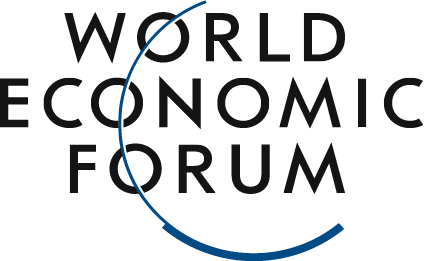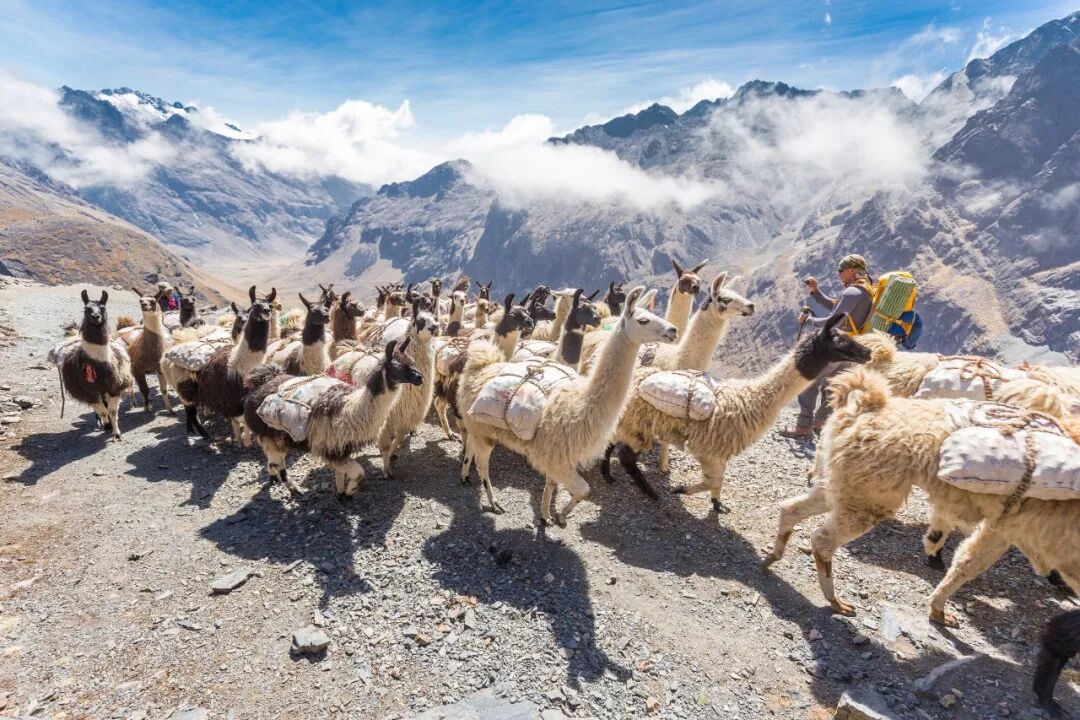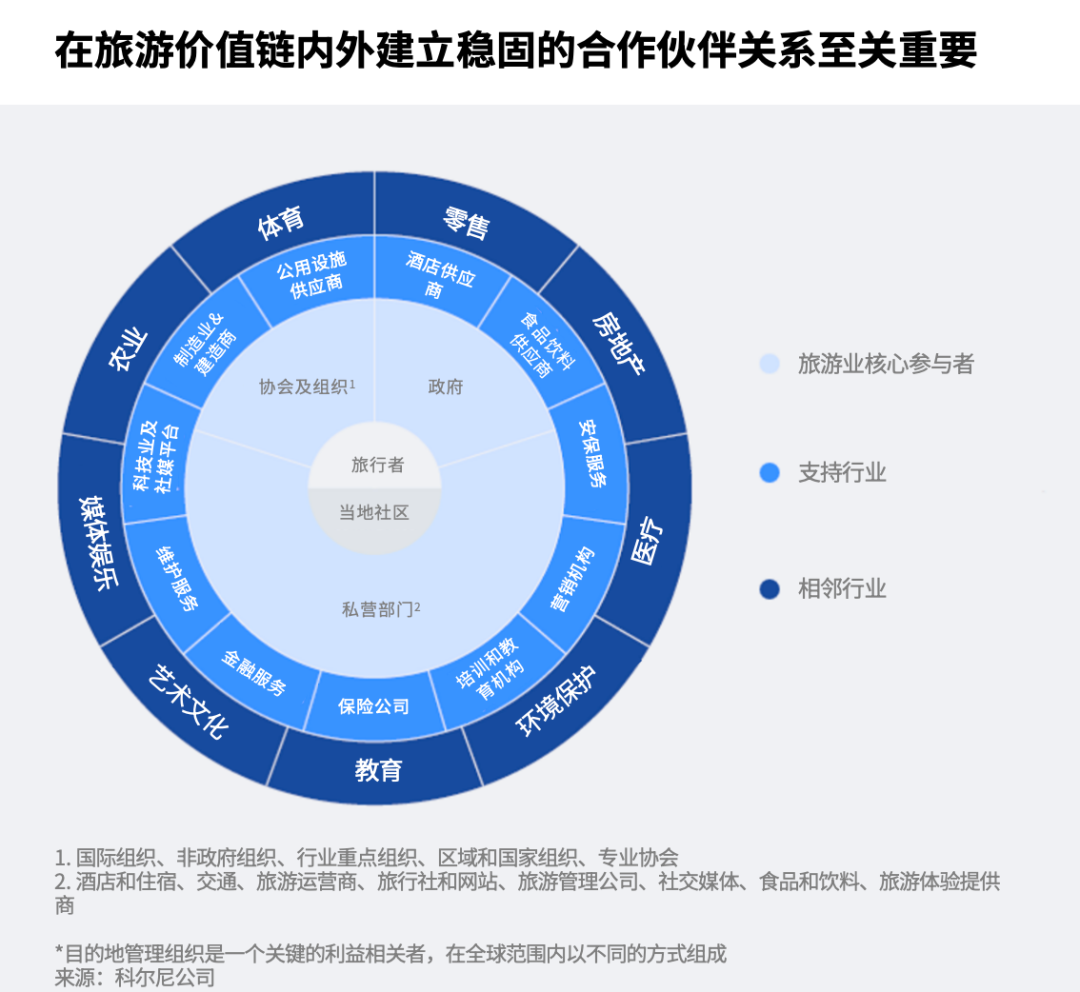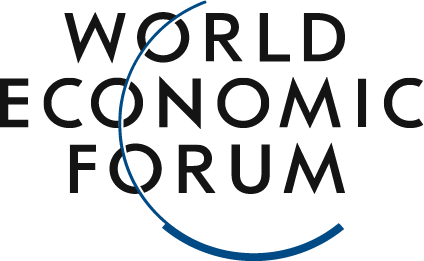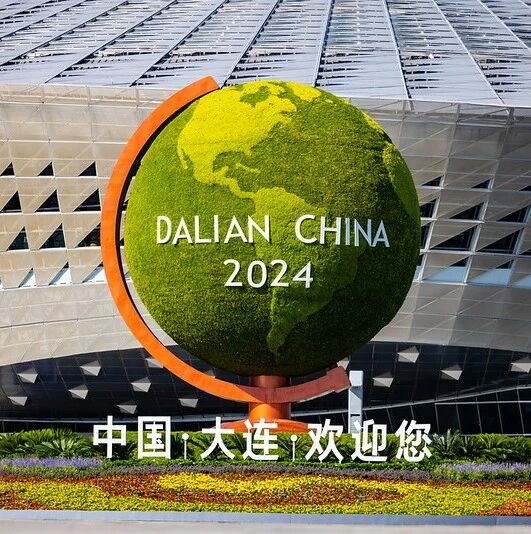2024,10%GDP
:/iStockphoto
Francisco Betti
Mauricio Zuazua
4. Benefits are limited to developed countries:Today, emerging economies account for nearly half of global tourism flows, making tourism one of the top five export-driven revenue sectors in 80% of countries worldwide.5. Big companies reap all the rewards:In fact, 80% of businesses in the tourism industry are small and medium-sized enterprises that drive local employment and community development.6. Reduction in job opportunities:Forecasts indicate that by 2034, the tourism industry will add approximately 100 million jobs, surpassing its current workforce of around 350 million.7. High environmental impact:Reducing emissions is the top priority for travel and tourism. Currently, tourism accounts for about 8% of global emissions—still a smaller environmental impact compared to many other industries.These realities not only dispel misconceptions but also highlight tourism's potential to drive economic growth, foster inclusive prosperity, and promote sustainable development.The well-being and interconnectedness of tourismThe impact of tourism on the economy is enormous. By 2024, tourism is projected to contribute approximately 10% to global GDP, with that figure expected to rise to 11.4% by 2034—equivalent to $16 trillion. This anticipated growth will outpace global economic expansion by 1.5 times (with tourism growing at 3.7% compared to the economy’s actual growth rate of 2.4%).
Yet, the benefits of tourism extend far beyond mere numbers. Travel fosters cultural exchange, nurtures empathy, and deepens cross-cultural understanding across regions and communities. Research also shows that traveling can boost overall well-being and even help slow down the aging process. In this way, while driving economic growth, tourism simultaneously enhances individual happiness and enriches people’s lives.A traveler’s journey—from being inspired by social media to making bookings and engaging with local businesses—is supported by a wide array of stakeholders. This interconnectedness underscores the critical importance of collaboration among airlines, hotel providers, local businesses, and technology platforms. No single player can drive meaningful transformation on their own; instead, fostering strong partnerships across the entire value chain is the key to success.Establishing strong partnerships—both within and beyond the tourism value chain—is crucial.
:World Economic Forum
This interconnected journey highlights the mutual dependence among diverse players—ranging from airlines and hotel providers to local SMEs and tech platforms. Beyond these core participants, the tourism industry also relies on adjacent and supporting sectors, such as infrastructure, telecommunications, and service providers. Together, these industries help deliver a seamless travel experience while enhancing the destination’s overall value proposition.To reposition tourism as a force for transformation, stakeholders must adopt a holistic approach. Tourism has already emerged as a catalyst for growth; however, to create lasting, sustainable impact, all players must collectively embrace this shared vision. The path forward isn’t just about recovery—it’s about reimagining travel as a powerful nexus that fosters understanding and drives sustainable development. While challenges undoubtedly remain, the opportunity to cultivate an industry that is more inclusive and impactful than ever before is immense.Positive sentiment in the tourism industry is a call to action. By dispelling misconceptions, leveraging its vast ecosystem, and prioritizing collaboration, the tourism sector can reshape its narrative into one that supports economic growth, cultural enrichment, and environmental stewardship. As we look forward to a brighter future for tourism, we also eagerly anticipate its ability to revitalize communities and deliver unforgettable experiences for travelers worldwide.
The above content solely represents the author's personal views.This article is translated from the World Economic Forum's Agenda blog; the Chinese version is for reference only.Feel free to share this in your WeChat Moments. For reprints, please leave a message at the end of the article or in our official account.
Editor: Wang Can
The World Economic Forum is an independent and neutral platform dedicated to bringing together diverse perspectives to discuss critical global, regional, and industry-specific issues.
Follow us on Weibo, WeChat Video Channels, Douyin, and Xiaohongshu!
"World Economic Forum"
